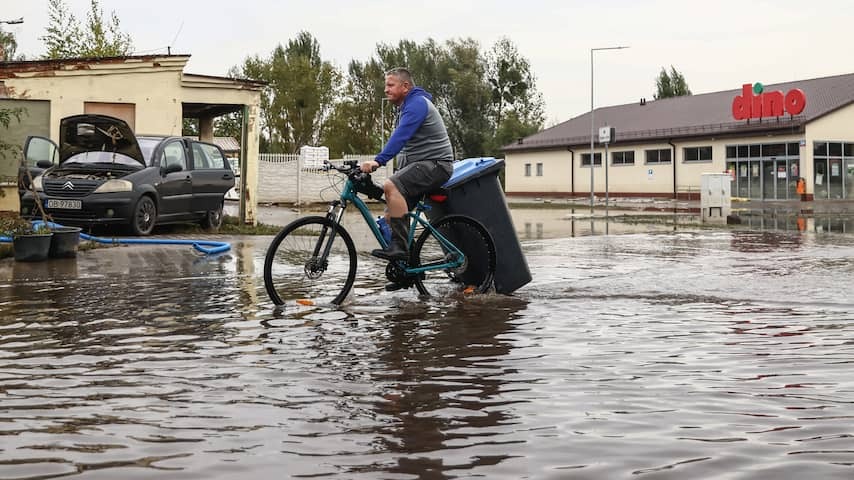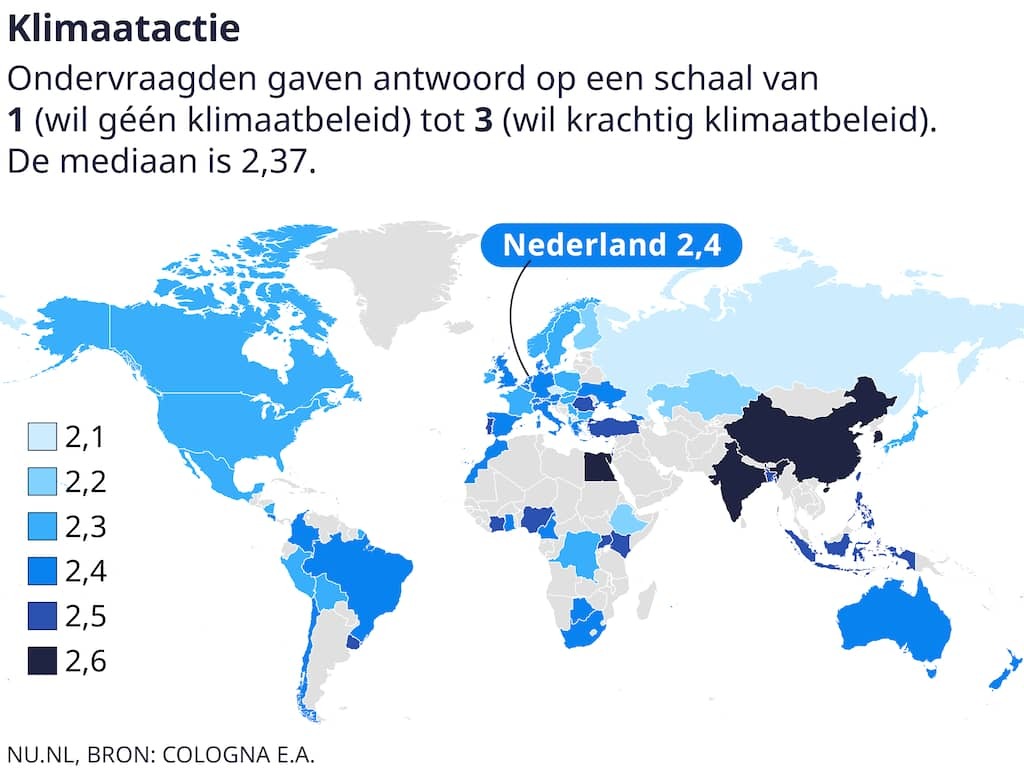
New research shows that residents of countries affected by extreme weather are not necessarily more in favor of climate measures. But when we link extreme weather to climate change, support for action also grows.
A brief summary of extreme weather in the past month: a heat wave in Europe, floods in Texas, and multiple wildfires worldwide. Such conditions are becoming more frequent due to climate change and are also becoming more intense, as numerous scientific studies have already shown.
Worldwide, most people have already experienced heavy rainfall or a heat wave. Scientists at the University of Zurich wanted to find out whether people who experience extreme weather conditions view climate change differently. This question is often central in scientific research.
They used data from more than 70,000 people in 68 countries. One of the most important factors they looked at was support for climate measures. Because one might expect that the residents of a country that is regularly hit by major floods would be more likely to support climate measures.
But that does not necessarily seem to be the case. The researchers found no connection between exposure to weather disasters and support for climate policy, according to the article recently published in Nature Climate Change. Only among people from countries where many wildfires occur, such as in South American and Asian countries, is there slightly more support.

Change Happens When People Make the Connection
Do our beliefs and behavior change when we experience a major event? It is a question that is often asked in behavioral science. According to the new research, people only start to look at it differently when they make the connection between that extreme weather and climate change. The scientists call this “subjective attribution.”
“It is very interesting to see that making that link plays a role in support,” says behavioral scientist Reint Jan Renes of the University of Amsterdam. He does a lot of research into the psychology of sustainable behavior. “You may find it annoying that there is a heat wave, but as long as you do not link it to climate change, you will not take action quickly.”
According to Renes, who was not involved in the Nature research himself, more awareness is needed about the fact that climate change is caused by humans. “As long as we do not relate it to our own actions, we will not do anything about it.”
Important to emphasize is that a large part of the world’s population now makes the link between extreme weather and climate change, although this varies by region. Moreover, more and more scientific research shows that a silent, but broad majority of people are in favor of climate action.